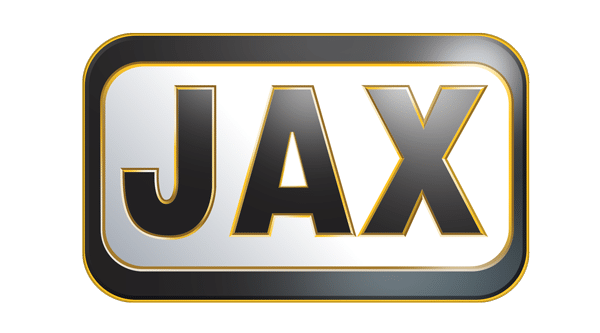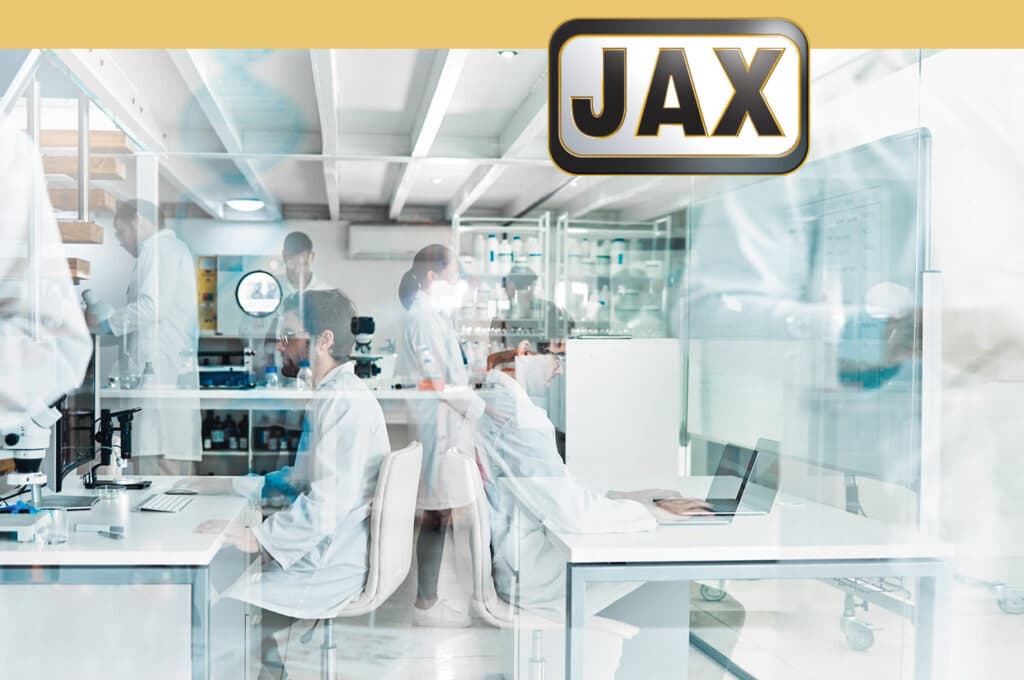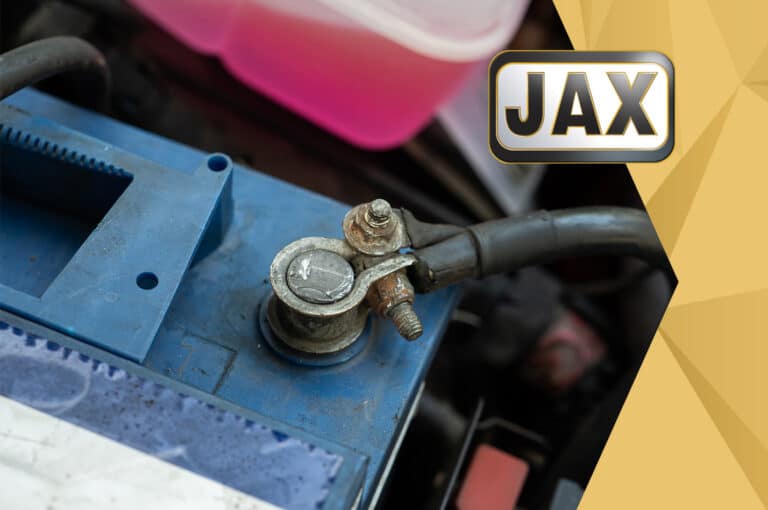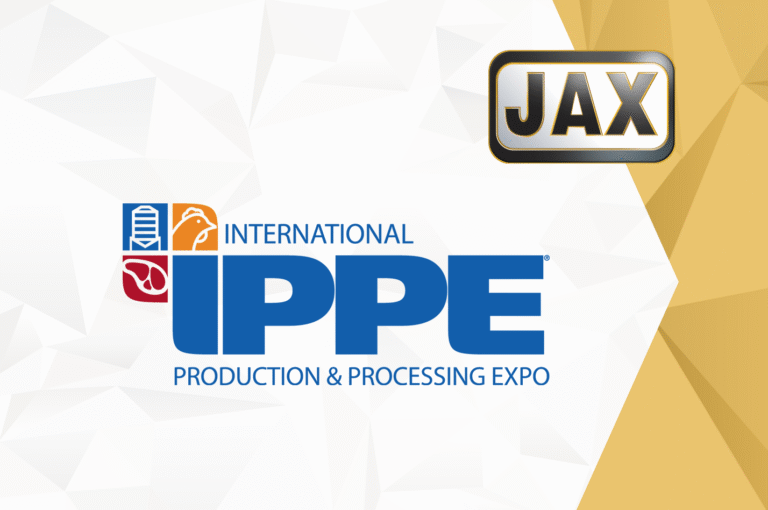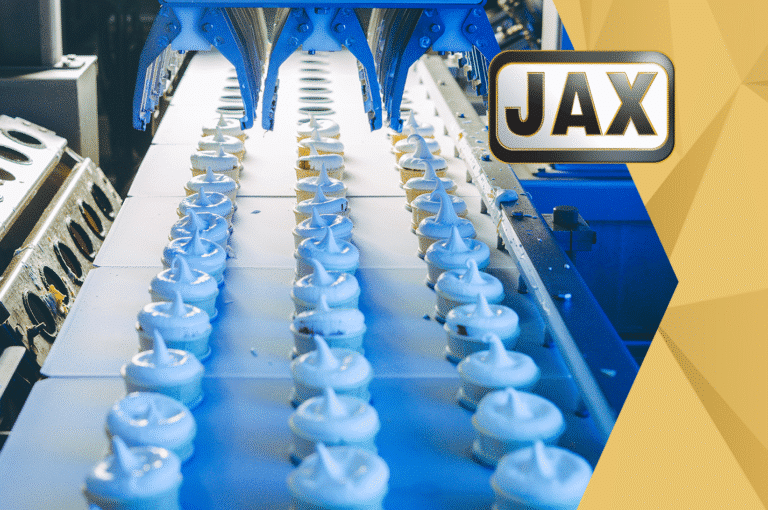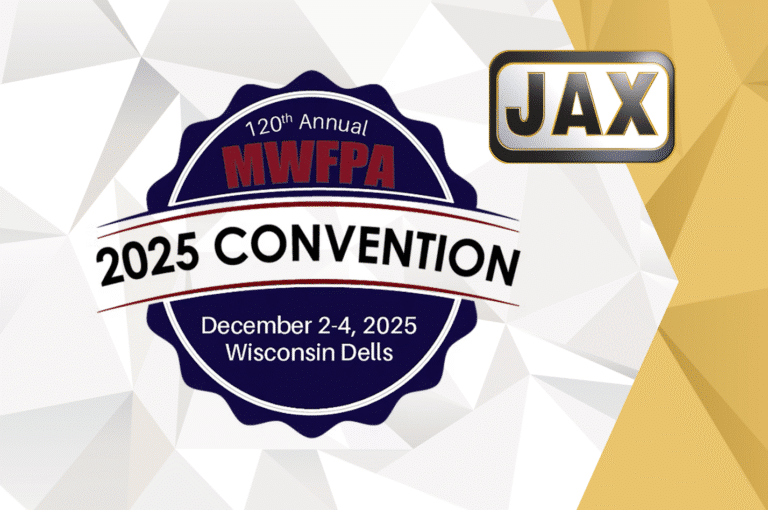What is NSF?
Established in 1944, NSF International has been a pivotal entity in verifying the safety and compliance of products used in and around food establishments. In response to the discontinuation of the U.S. Department of Agriculture’s (USDA) authorization program, NSF introduced its voluntary Nonfood Compounds Registration Program in 1999.
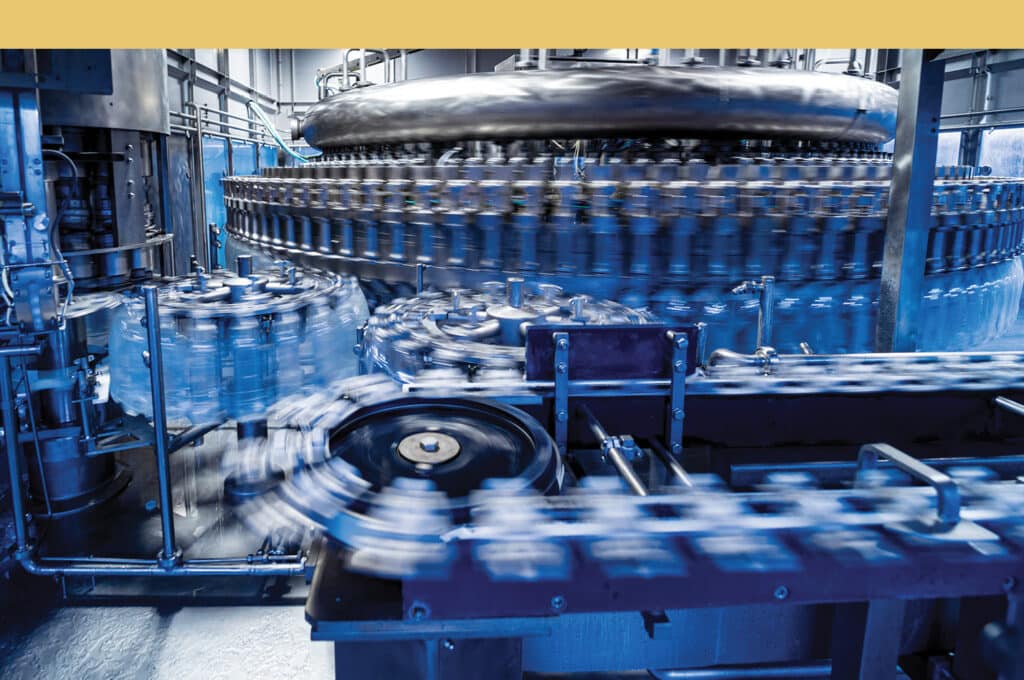
NSF Category Codes of Lubricants:
NSF International codes lubricants into several main categories. These categories indicate where they are acceptable to use within a food processing or packaging facility.
NSF H1
NSF H1 registered products are considered food grade and are acceptable for use as lubricants with incidental food contact. They are typically used on food processing equipment and parts, such as gaskets and seals, where exposure to food is possible. They are not intended for direct contact with food.
NSF H2
NSF H2 registered products are not food grade. They are acceptable for use on equipment and machine parts where there is no possibility of food contact, such as closed systems.
NSF H3
NSF H3 registered products are soluble oils that are used to prevent rust on hooks, trolleys, and similar equipment. Equipment that has contact with food or edible products must be cleaned of the oils before production can resume.
NSF 3H
NSF 3H registered products are approved for direct contact with food products. They are typically used as a release agent to prevent food from adhering or “sticking” to surfaces during processing. Examples of typical applications include hard surfaces such as grills, loaf pans, cutters, boning benches, and chopping boards.
NSF A1 Products
NSF A1 registered products are used for general cleaning on all surfaces or with steam or mechanical cleaning devices in all departments.
NSF K1 Products
NSF K1 registered products are limited to non-processing areas where there is no possibility of solvent vapors entering processing areas.
Conclusion
Ensuring the use of NSF registered lubricants in your food processing or packaging facility is paramount for compliance and safety. If you have additional questions about NSF or these category codes for lubricants, reach out to your account representative or contact NSF directly.
